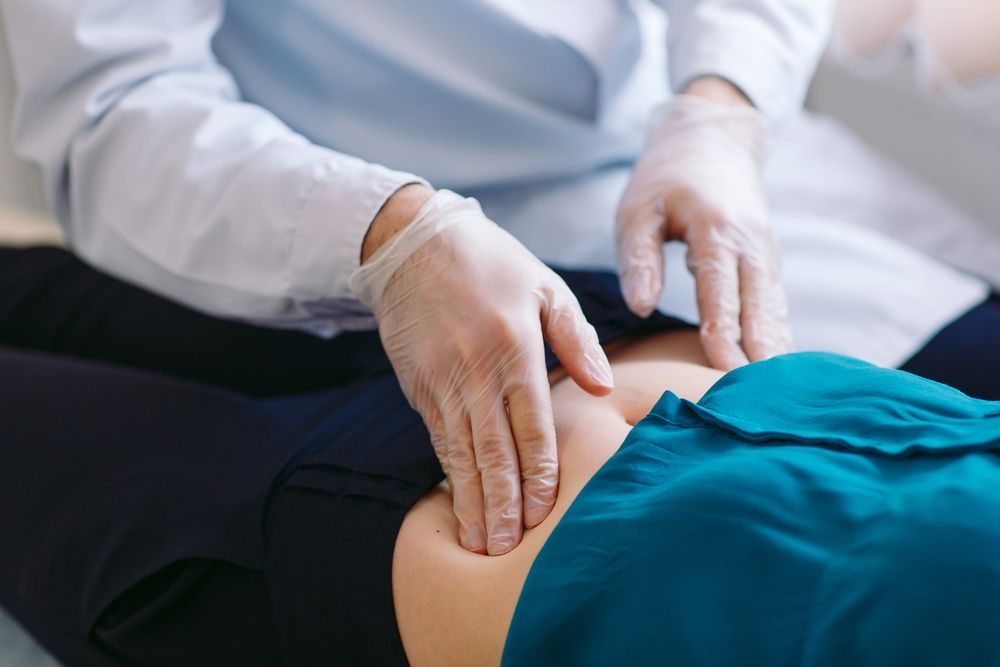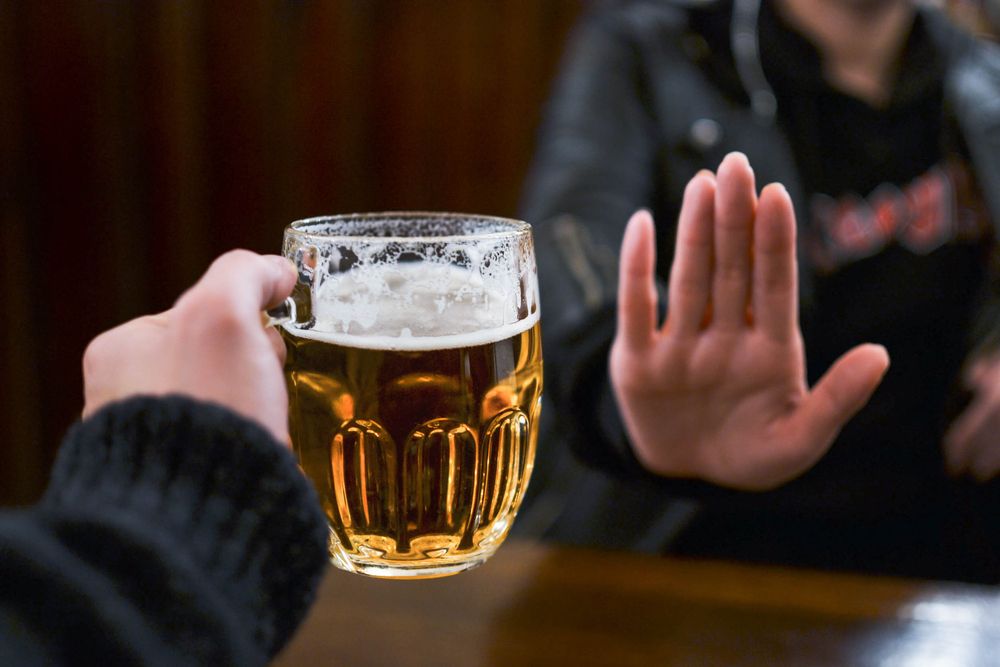IBS stands for irritable bowel syndrome and is relatively common. (Learn More – IBS)
The most common symptoms of IBS are abdominal pain, constipation, and/or diarrhea. (Learn More – Common Symptoms of IBS)
If you think you have IBS, you should see your physician. (Learn More – If You Suspect IBS, What Should You Do?)
In addition to medical treatment, home remedies may also be helpful. Some include dietary changes, such as the FODMAP diet and other changes. (Learn More – At-Home Dietary Approaches)
Other approaches include exercise, hypnosis or relaxation, meditation or mindfulness meditation, yoga, and support groups. (Learn More – Additional At-Home Solutions for IBS)
IBS
Irritable bowel syndrome (IBS) is believed to affect an average of 11.2 percent of people around the world.
The main symptoms of IBS include pain in the lower abdomen and changes in the frequency or form of bowel movements, but triggers vary from person to person.
There are no medical tests that can be used to diagnose IBS definitively. Physicians may use different criteria.
Common Symptoms of IBS
The most common symptoms of IBS are:
-
- Abdominal pain and cramping. Abdominal pain is the most common symptom and a key factor in the diagnosis of IBS. Lower abdominal pain is a typical symptom, and the pain typically decreases after you have a bowel movement. Pain and bloating are common in people who have IBS.
- Constipation. In addition to pain, IBS can result in constipation. In fact, constipation-predominant IBS is the most common form of the disorder. About 50 percent of people with IBS have this form.
- Diarrhea. One of the most common symptoms of IBS is diarrhea, which affects about a third of people with IBS. People with IBS may experience a sudden and immediate urge to have a bowel movement (accelerated bowel transit), have significantly more bowel movements than people without IBS, and often have loose stools.
Additional Symptoms
In addition to pain, constipation, and diarrhea, other symptoms can occur in people who have IBS. These include:
- Alternating diarrhea and constipation. Approximately 20 percent of IBS patients experience this.
- Alterations of hard stool, soft stool, mucus in stool, and even blood in stool.
- Bloating and gas.
- Intolerance to certain foods like FODMAPs (see below).
- Insomnia and fatigue.
- Issues with mood, such as anxiety and/or depression.
If You Suspect IBS, What Should You Do?
If you suspect you have IBS, you need to be evaluated by a physician.
See your primary care physician and explain your symptoms. Your primary care physician may be able to conduct the evaluation, or you may be referred to a specialist. You will likely be referred to a gastroenterologist to make the diagnosis.
 The criteria for a diagnosis of IBS generally include pain in the abdomen for at least six months, a combination of pain relieved by bowel movements, and changes in the form or frequency of your bowel movements. Treatment will consist of a combination of medications and lifestyle changes.
The criteria for a diagnosis of IBS generally include pain in the abdomen for at least six months, a combination of pain relieved by bowel movements, and changes in the form or frequency of your bowel movements. Treatment will consist of a combination of medications and lifestyle changes.
At-Home Dietary Approaches
Along with any medical treatments prescribed by your physician, some lifestyle changes can address your symptoms. You should not stop taking medication or engaging in medical treatments without first consulting with your physician.
Discuss potential lifestyle changes with your physician before you begin implementing them. Your physician can help you make choices regarding which types of approaches would be best for you.
The FODMAP Diet
Keep a diary or journal of the food you eat and the symptoms you are having. Some of the foods you eat could be contributing to your symptoms. FODMAPs (fermentable oligosaccharides, disaccharides, monosaccharides, and polyols) are substances that are poorly absorbed in your intestine, like certain sugars and short-chain carbohydrates.
If you eat a lot of foods high in FODMAPs and you have IBS, you may experience abdominal pain, distention of the abdomen, gas, bloating, and diarrhea. Eating a low FODMAP diet means avoiding certain foods, such as beans, lentils, dairy products, foods high in lactose, wheat, and high-fructose corn syrup.
The diet typically eliminates these foods for a short time (between three and eight weeks). Then, you gradually introduce them back into your diet to see if they cause symptoms.
Other Dietary Approaches
Some people with IBS find that taking probiotics can help, but you should check with your physician first.
Avoiding caffeine, alcohol, and sugary and carbonated beverages may reduce your symptoms.
 Avoid foods that are prone to causing gas or bloating, such as cabbage, cauliflower, and broccoli.
Avoid foods that are prone to causing gas or bloating, such as cabbage, cauliflower, and broccoli.
You may also find the following helpful:
- Eat on a regular schedule to regulate your bowel functioning.
- Metamucil or other fiber supplements with fluids can control constipation.
- Laxatives that contain magnesium hydroxide (Milk of Magnesia) may treat diarrhea.
Additional At-Home Solutions for IBS
In addition to diet, there are some other strategies you can try.
-
- Exercise: Regular exercise can help to relieve stress, depression, and even anxiety. It can also stimulate your intestines to contract normally. Discuss an exercise program with your physician before you start one.
- Relaxation training or hypnosis: Relaxation training may help you relax your abdominal muscles and ease the pain associated with IBS. You may be able to use hypnosis to control pain and bloating.
- Meditation or mindfulness meditation: Mindfulness is a popular concept in counseling and therapy that teaches you to be aware of what is happening to you in the moment, such as what you are feeling and sensing. Meditation and mindfulness training may help reduce some of the symptoms of IBS.
- Yoga or martial arts: Practicing yoga or martial arts can help to reduce stress, stimulate your intestines, and teach you self-confidence.
- Support groups: You may benefit from joining a support group for people with IBS. You can learn from other people who have the disorder about how to manage your symptoms, and you can also share your experiences.
References
IBS: Five facts you need to know. (November 2017). Medical News Today.
Irritable Bowel Syndrome. (May 2018). Mayo Clinic.
Irritable Bowel Syndrome-Type Symptoms in Patients With Inflammatory Bowel Disease: A Real Association or Reflection of Occult Inflammation? (August 2010). The American Journal of Gastroenterology.
Try a FODMAPs diet to manage irritable bowel syndrome. (September 2019). Harvard Health Publishing.
Irritable Bowel Syndrome – Diagnosis and Treatment (May 2018). Mayo Clinic.
Support Groups. Ibsnetwork.


